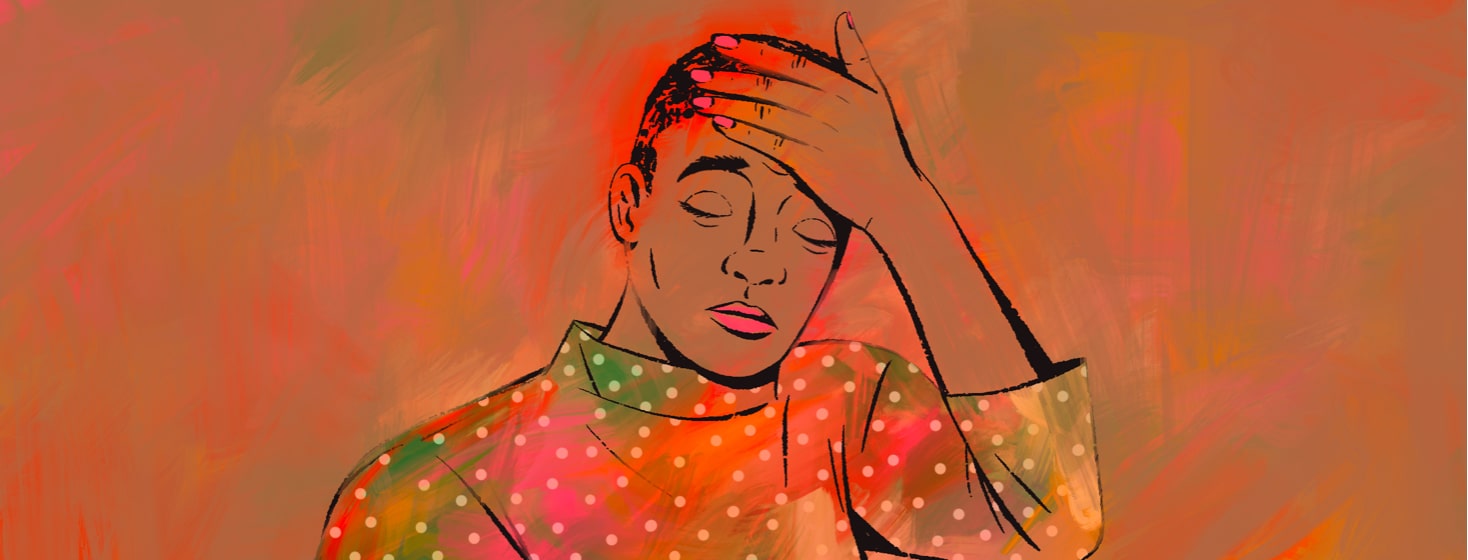Being A Black Woman With Scalp Psoriasis
As a Black woman who has lived with psoriasis throughout her entire life, I could write a book on this subject.
Starting at the age of 5, I had to have my head shaved quite a few times due to scalp psoriasis. Why I would have to have my head shaved? My scalp psoriasis was so thick that treatment would not work and hair would not grow through it.
Everyone's treatment journey is different
I'll let you imagine what this type of experience can do to someone mentally. This doesn't even include receiving negative and inconsiderate remarks from strangers, doctors, and even loved ones.
I have met some amazing people on my advocacy journey, but as a Black woman, most don’t look like me. While everyone's treatment journey looks different, this is especially true for Black men and women.
To treat my scalp psoriasis, my dermatologist has consistently tried to prescribe a shampoo to be used daily. As a Black woman, this isn't feasible or possible.
A look at the Black experience
Men and women who are Black have textured hair, hair that is so much different from so many other people. As a culture, we do so much to keep up with our hair. It’s very pricy and time-consuming. We prioritize going to salons and potentially pay up to $200 each visit.
As a Black woman, I can’t and don't wash my hair every day. It would cause severe dryness and breaking. I recall a difficult conversation with a former colleague. I told her that I go to the salon every 2 weeks to get my hair washed. She called this routine "nasty and unimaginable". She essentially called me dirty because I did not wash my hair every day.
Her lack of education was proof in her rudeness. This is only one of many experiences where I feel education could have made all the difference. It is these situations that drive me within my advocacy.
What scalp psoriasis looks like for me
When psoriasis affects the scalp, it builds up plaques and patches on several areas of the scalp or in my case, my whole head. Because of the hair, the scales on the scalp are quite thick as compared to the rest of our skin. It can even cause hair matting and hair damage.
Scales and patches are not the only complications of scalp psoriasis. Itching on the scalp can make life extra miserable. This means hair loss, loss of sleep, and heavy flaking.
At one point, my scalp has been 80% covered. During the daytime, the itch would be all-consuming. I couldn't function. I would use anything sharp to ease the feeling. During the night, the itch would worsen. I couldn't sleep and it felt like every night, new patches would pop up to keep me awake.
Representation makes all the difference
The sad part of this story is that my doctors couldn’t help me. I had to find someone in the psoriasis community that looked like me to get help. I am happy and proud to share a few of those tips with you now:
- Know what ingredients and products to look for. I select my hair products and treatments based on the ingredients in the products. Two ingredients I lookout for the most are salicylic acid and coal tar. These seem to work best against my own scalp psoriasis.
- Embrace your natural hair.I used to go to the salon often for perms, flat irons, straightening, weaves, and hot combs. Now, I now have grown out my natural hair. If you are a black woman, you know we are serious about our hair. We have learned from former generations that our hair defines who we are and the one that defines me is who I want to be at this moment.
- Assess your hair washing routine. I used a medicated shampoo at least once a week, but because I have natural hair, if my scalp psoriasis is bad, I will wash twice a week and get a good conditioner. I then apply some type of oil and keep it in my head overnight.
Of course, see your doctor before starting any new treatments and seek support if you are at the end of your rope. Trust me, I get it.

Join the conversation